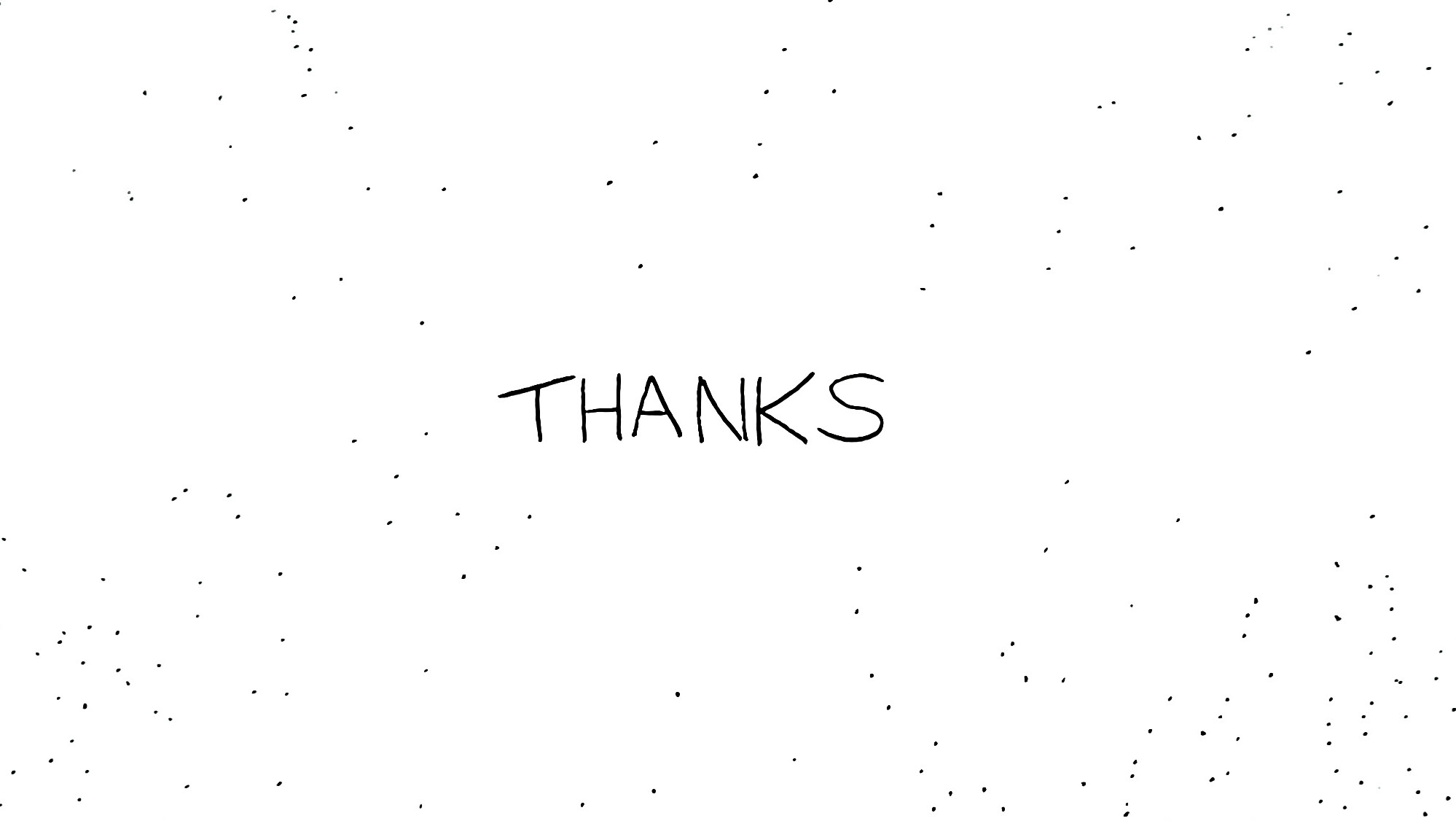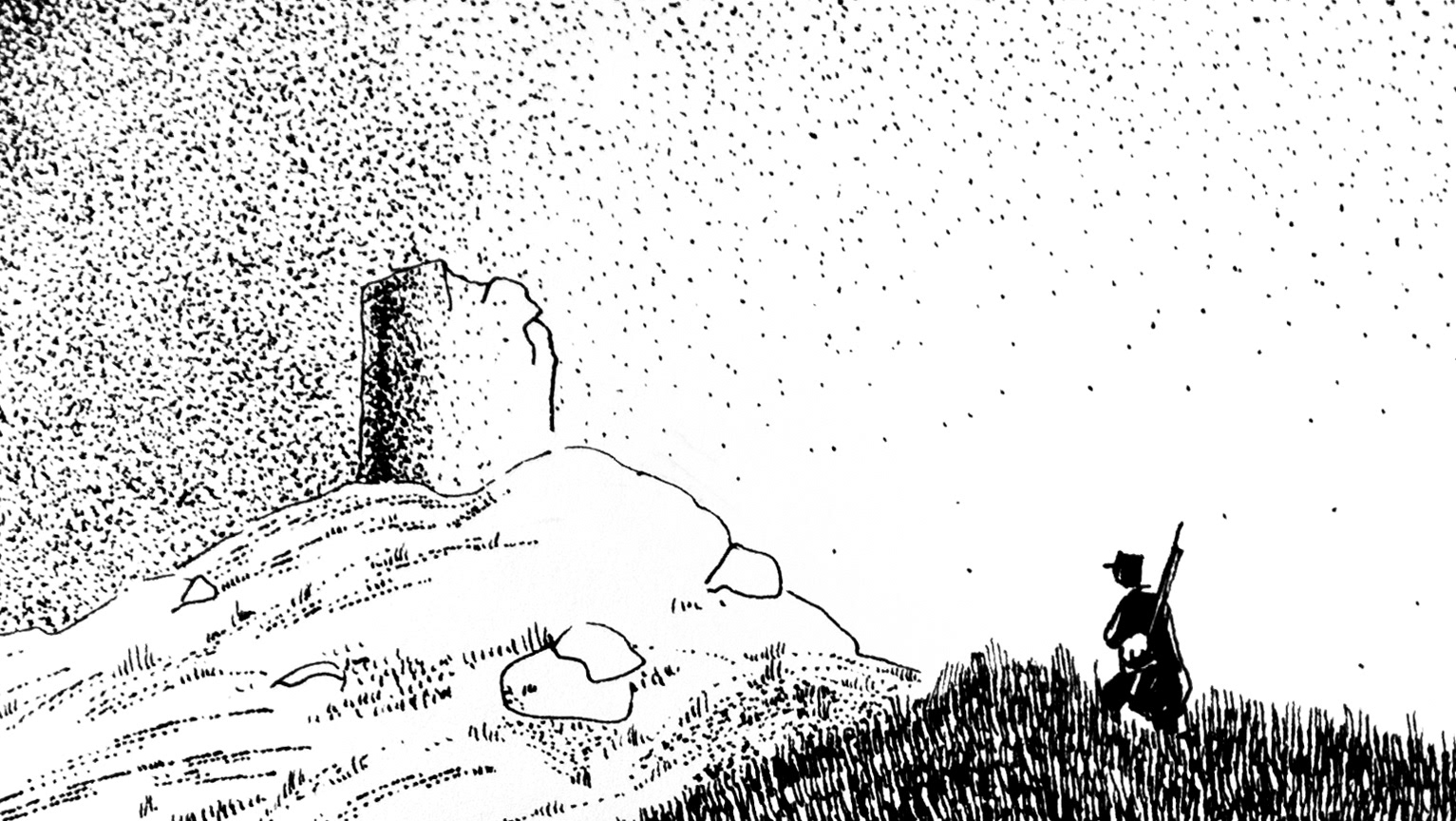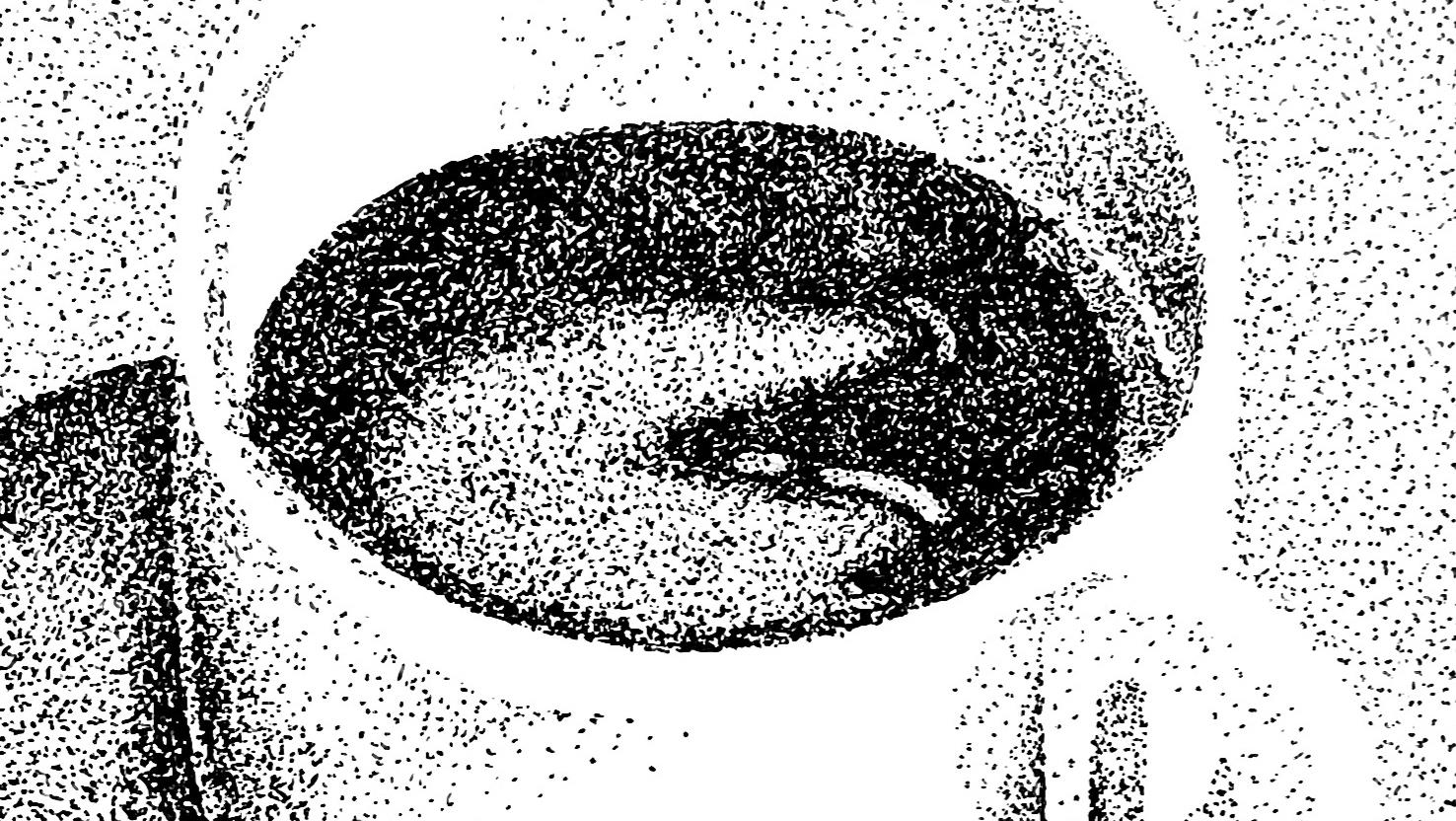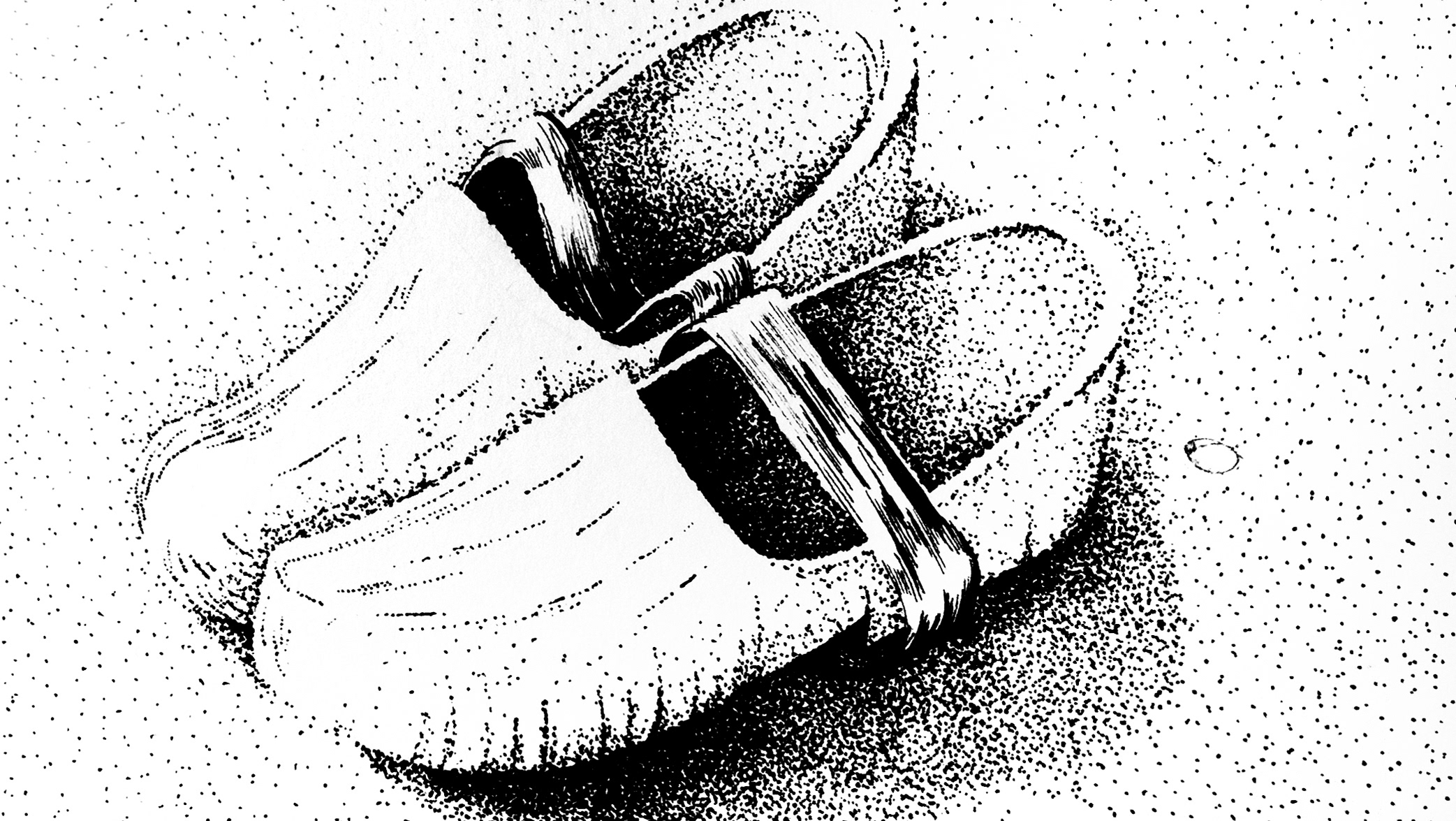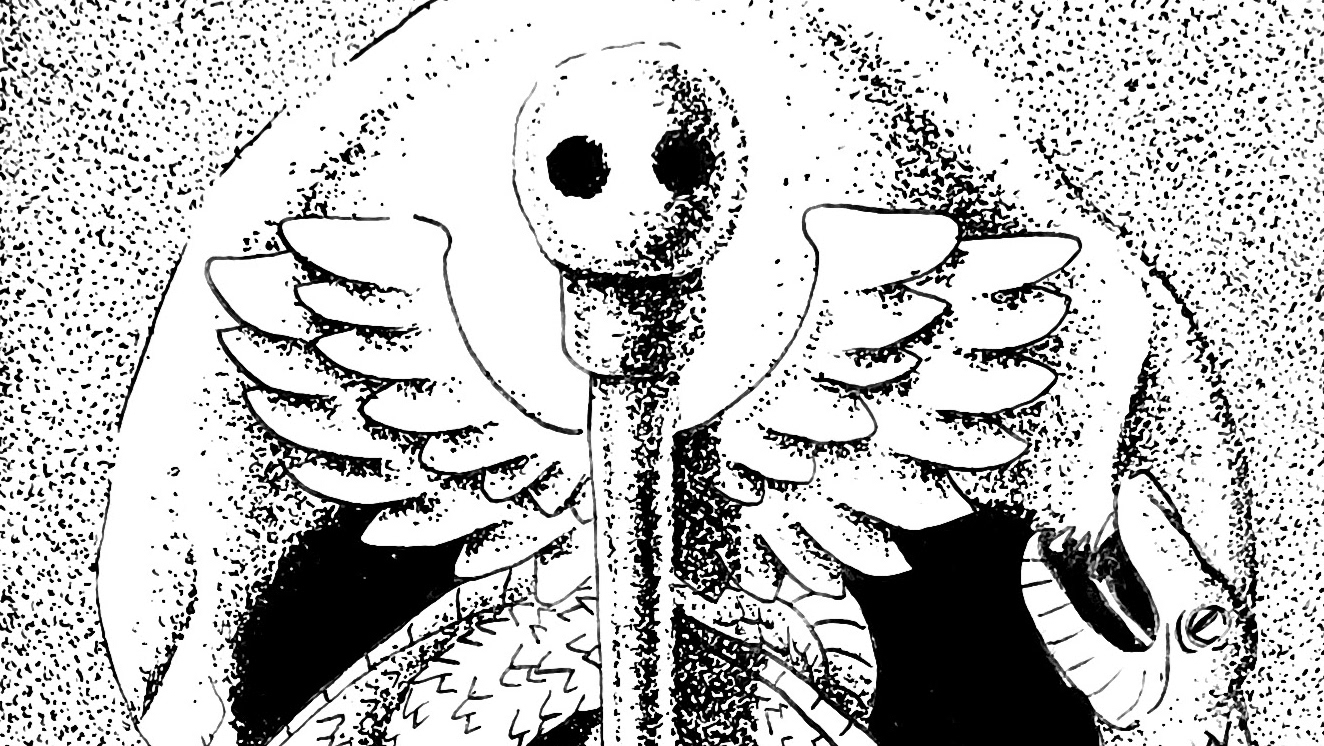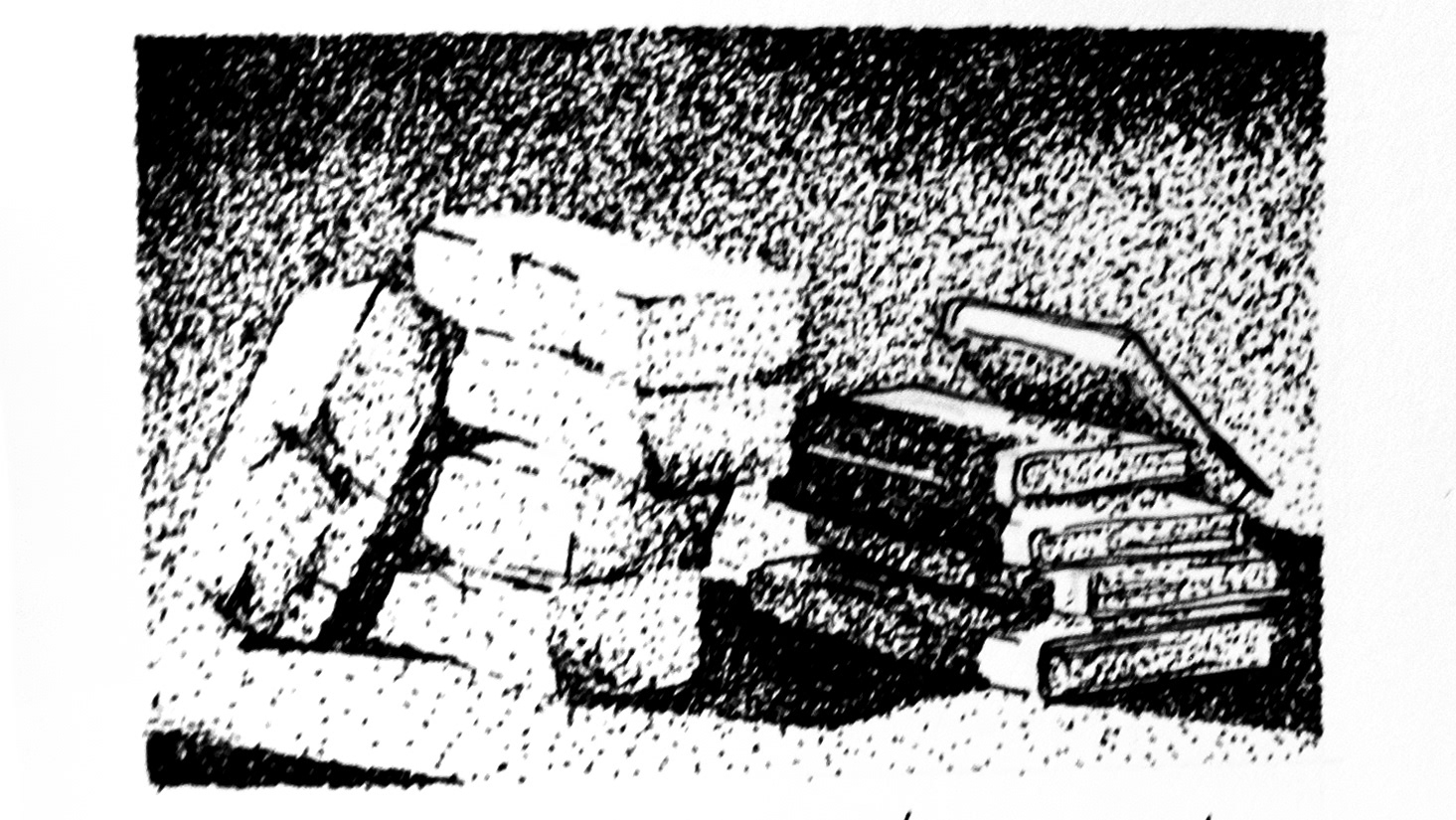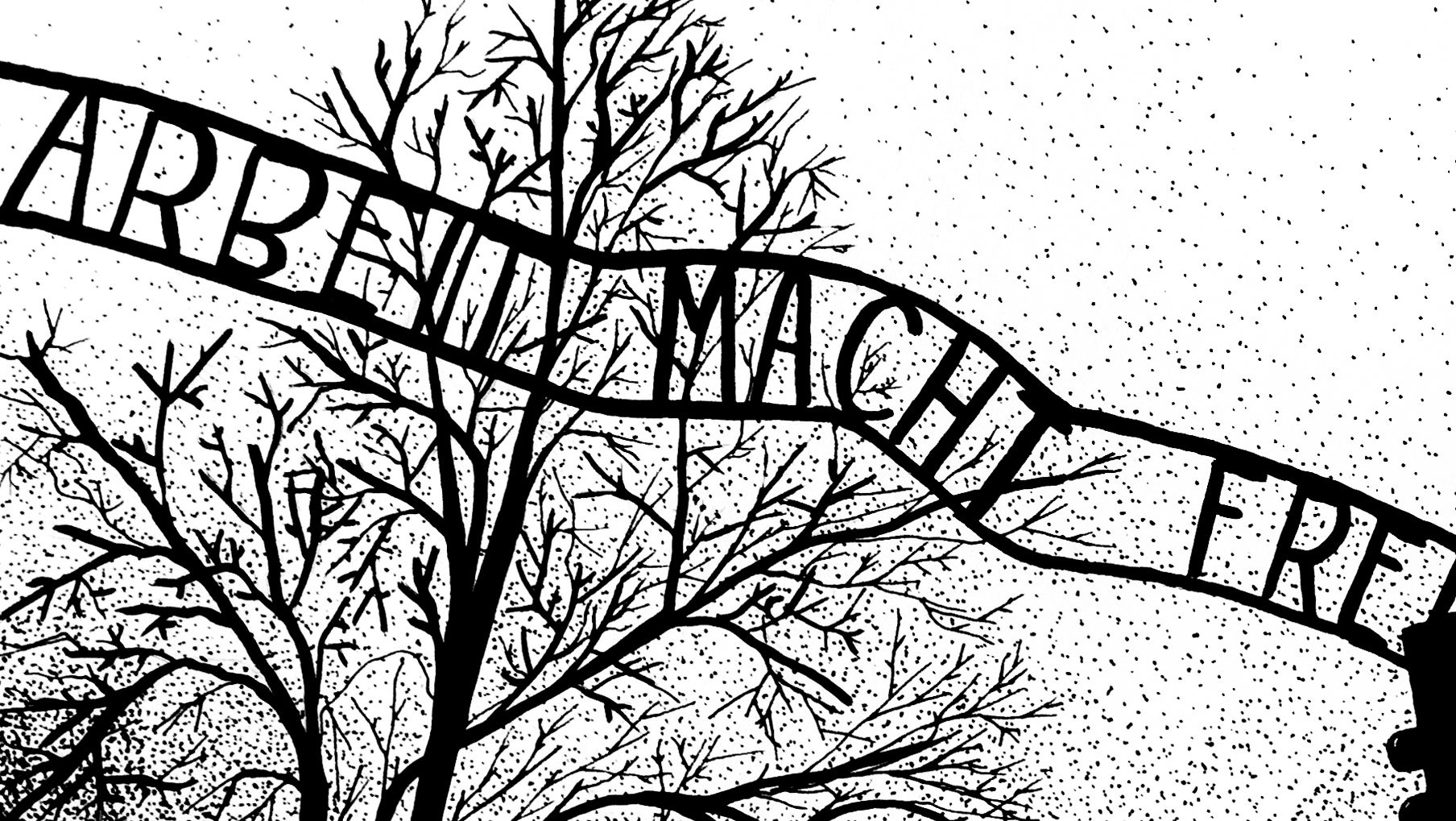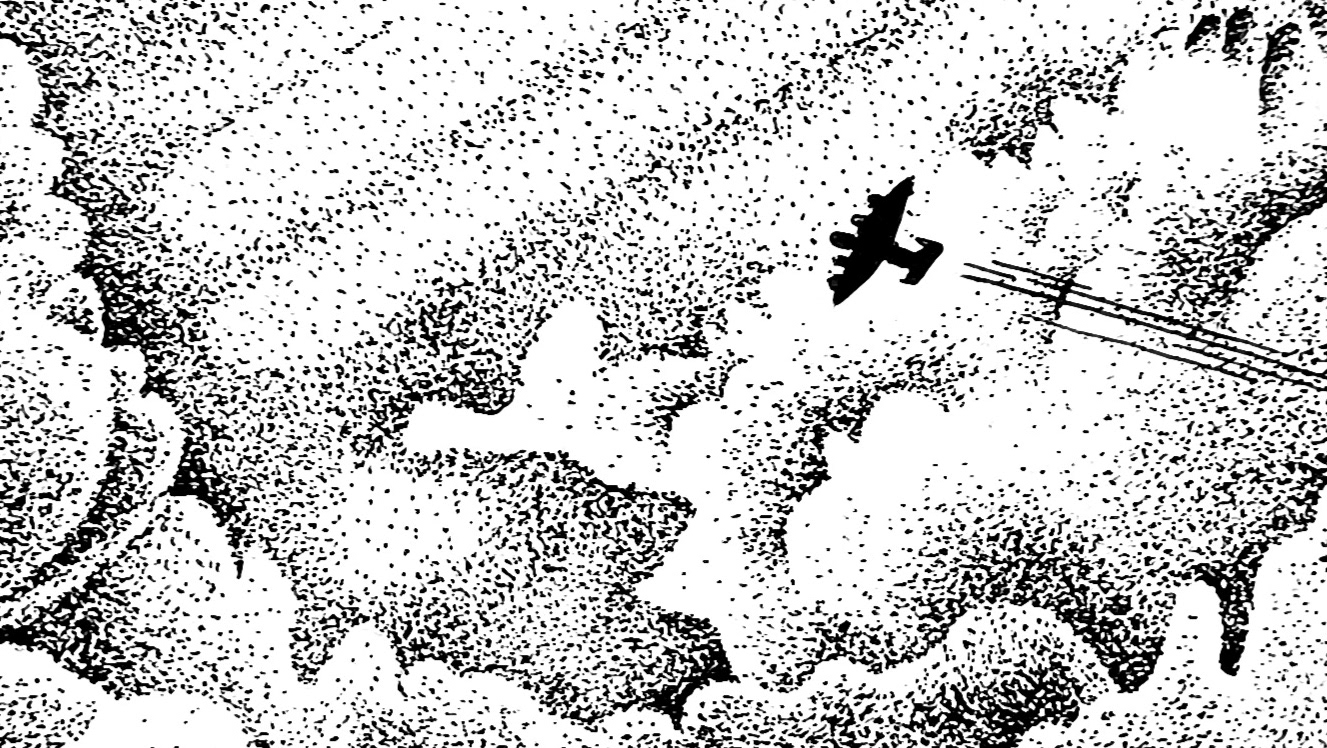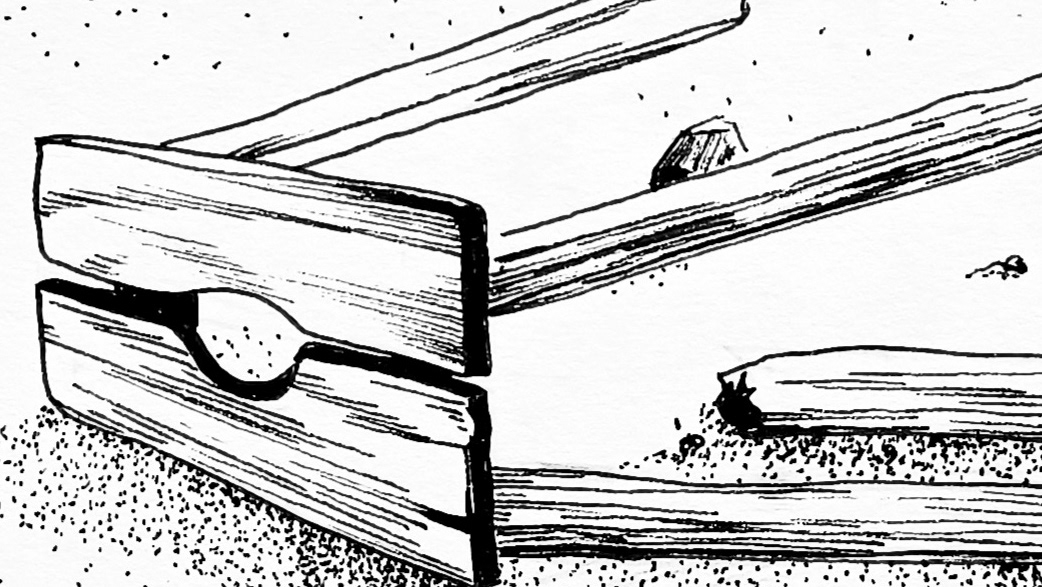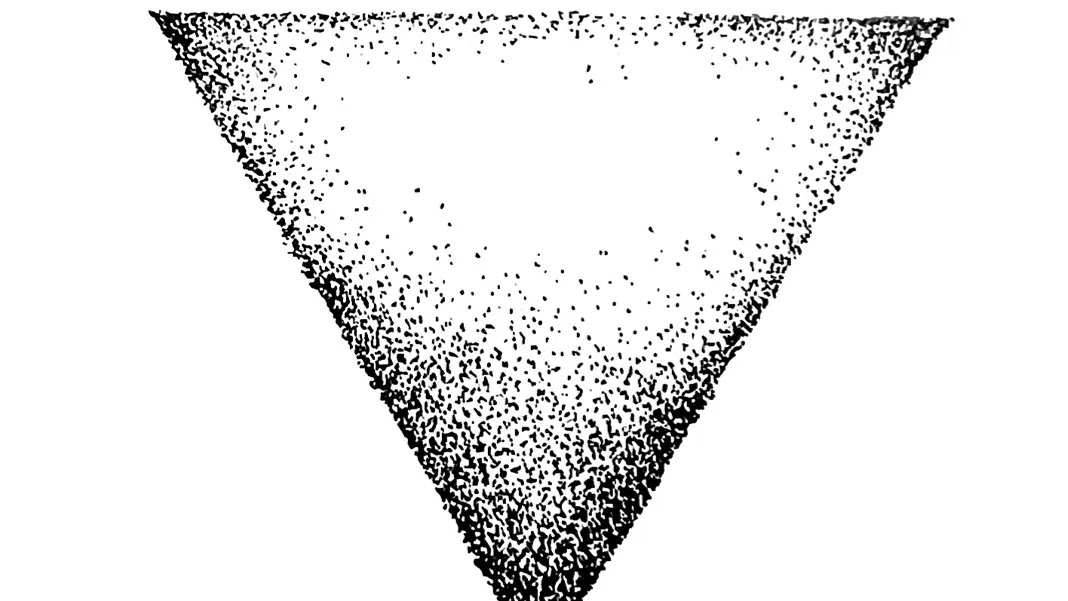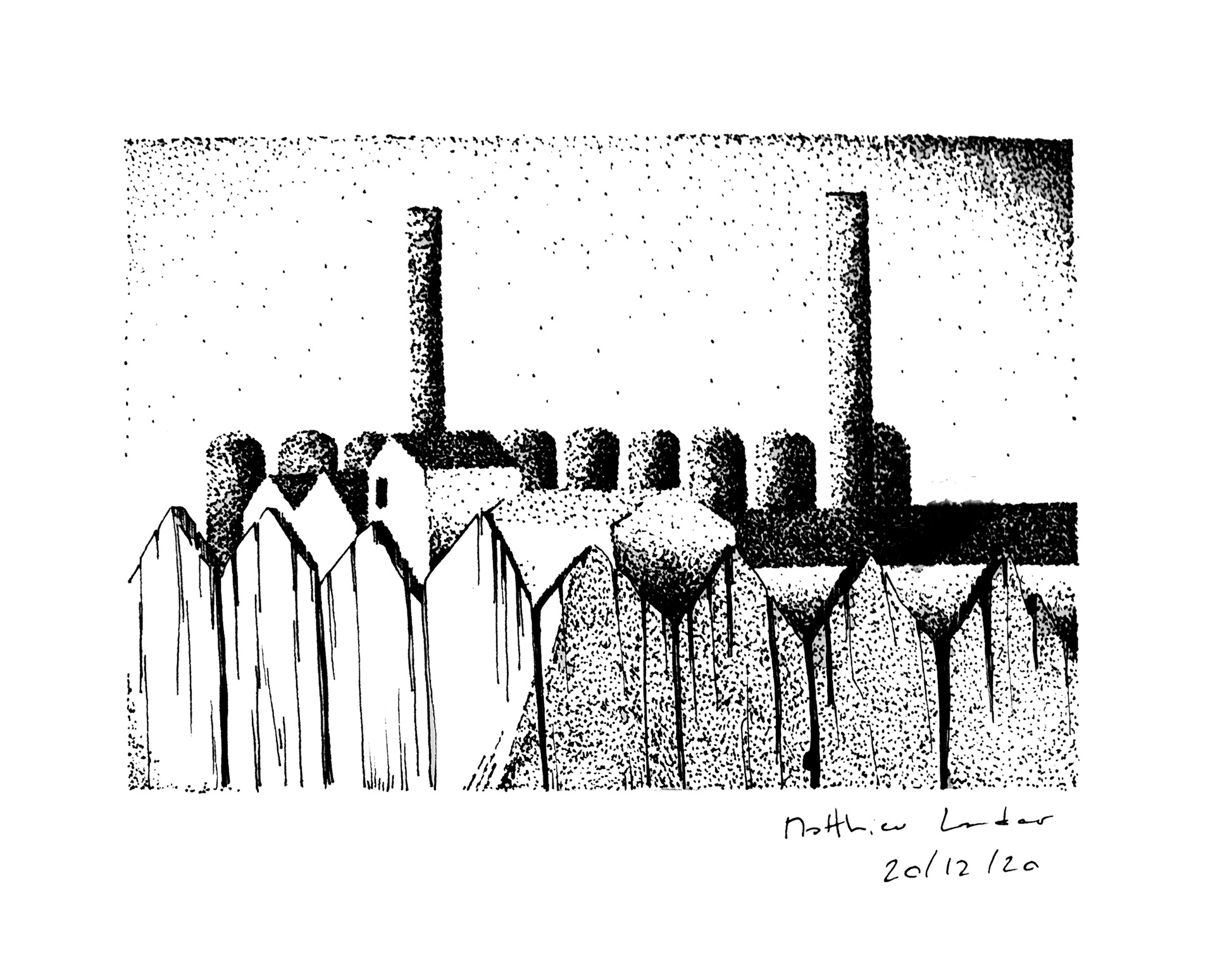
Auboue
Today is a cold day in November 1942 in Birkenau, around 5 degrees. It was tiring to work and wait in the summer, but winter is much worse. The ground is already frozen, it is becoming harder and harder to stand during the roll calls.
Joseph goes to the Revier, he knows what is going to happen there, he is not scared.
Back in 1938, Joseph was married to Marie-Jeanne, they had 3 beautiful children, Gisele, Serge and Jean. Joseph was working at a metal factory, he was also part of the trade union. When they complained about the work rights being attacked, the trade union was dissolved, Joseph lost his job. This is partly what drew him to the communist party.
Joseph later ran a bar restaurant near Auboue, it was a good job, the whole family could live upstairs.
When France lost the war, the restaurant became a strategic place. It was an easy gathering place for communists and resistants, Joseph made everyone feel safe. It also served as a passage area for prisoners and resistants who needed to cross the border between the german occupied zone and the french free zone. Amongst them, Pierre Georges, the soon to become Colonel Fabien.
In June 1941, Marie-Jeanne died of an old leg injury. It was tough on the family, she was the one who made everyone feel united. Joseph's daughter, Gisele, had married a soldier made prisoner during the war, in Germany. Gisele was the first to leave to join the resistance.
And then Serge joined too, a young 17 years old eager to help, eager to fight. Joseph was worried about his 2 children, resisting was a noble act, but it was dangerous. Arrestations and executions were frequent, the german army had a policy of terror against any act of resistance.
On the 4th of February, a group of resistants sabotaged the local transformer, forcing the closing of 17 iron mines in the area. Those mines were producing metal for the german army, this event severely slowed down the war effort.
Serge didn't participate, but he was known by the police, he became a suspect. And there were informations leading to Joseph's restaurant.
As Serge entered his father's restaurant, the police surrounded the place. Serge couldn't run, his father couldn't do anything for his son.
No one could apprehend the saboteurs, so the german army, helped with the french government, made a second decision. 20 communists would pay for those who couldn't get caught. Amongst them, Antoine Corgiatti and Giobbe Pasini.
It is a difficult decision to resist. If you manage to escape, others will pay for what you have done, as hostages. In this case, Serge, his father and 18 other people. Many people hated the resistants for this reason, they were treated by the civilians as treaters, cowards, terrorists. But neither Serge nor Joseph thought that.
In Royallieu, Joseph and Serge were brought to a room. Serge got in, Joseph had to stay outside. A german officer insulted Serge and started punching him. Outside, Joseph could hear everything, every word, every hit. He could do nothing, if so, a soldier next to him was allowed to shoot. Joseph and Serge had to endure this, it lasted for too long...
Serge was judged by a tribunal, the trial lasted 15 minutes, they convicted him to 3 months of jail. Serge complained it was a long time for having done nothing wrong, the judge laughed and sentenced him to 2 weeks. It didn't matter how much time he would be sentenced, Serge was a hostage, he would soon be sent to german occupied Poland like his father.
Back in the present, Joseph is being treated in the Revier. It is the opposite of anything a doctor should believe in. The doctor, the SS rottenfuhrer, injects phenol in the patient's heart, which make it stop. A murder for a treatment.
Joseph stays quiet, hopeful that, despite what he has been through the past few years, there might still be hope.
Because his son is not with him. When he came back from his trial, the german administration forgot to put him back in the registry. When he was selected to leave to Poland, his name was written off because he was supposed to still be outside the camp. Serge didn't go, the german army made a mistake.
Joseph is happy, his son will survive, he knows it. the german army will make more mistakes, eventually the tide will turn.
Notes
Thank you for listening to this episode of 31000/45000, the story of 2 trains of french members of the resistance. My name is Matthieu Landour Engel.
This episode was about Joseph Schneider, a father and resistant.
In this episode, I will give you a little more information about the sabotage of the Auboue transformer. Acts of sabotage against factories, or energy supplying factories, like the Auboue transformer, were taken very seriously by the german authorities, because they affected the war effort. When the transformer was sabotaged, 17 iron mines were ineffective for a few days, this was a significant event.
Several waves of arrests happened, some were supposed to be executed, under a direct order by Adolf Hitler, but that order was cancelled, as it was believed that the executions could create more revolts and sabotage. The authors were finally caught, tried and executed. But those who were arrested before, people like Joseph Schneider, Giobbe Pasini, Antoine Corgiatti, were still deported to Auschwitz-Birkenau.
Side note, Pierre Georges, the colonel Fabien, was thought to have participated in the sabotage, but he probably didn’t. Yet he had gone to the bar Joseph Schneider held, as he needed to cross the demarcation line. Pierre Georges is an important figure of the french resistance and I will come back to him in a further episode.
Serge Schneider, Joseph’s son, was deported in january 1943 in the Sachsenhausen camp, and survived. He often talked in schools to tell the young generations about what happened to him.
I made several assumptions regarding this story. I don't know the exact relationship between Serge and his father Joseph. I assumed Joseph wished to protect his son, I supposed he was glad his son was not deported to auschwitz-Birkenau, bit I don't have any ground to prove it.
Gisele Do, Joseph’s daughter, was arrested as well, deported to Ravensbruck, and survived.
I have been trying to find Joseph Schneider’s relatives, unfortunately, my research was unsuccessful. If by any chance, you know of someone related to him please let me know, I would be very pleased to get in touch and make sure the text I wrote doesn’t contain any errors.
My sources for this story are the book red triangles in Auschwitz, by Claudine Cardon Hamet, the website deportes-politiques-auschwitz.fr, memoire vive and the foundation for the memory of deportation website and the fantastic website auschwitz.org .
Thank you for your time and attention, next episode will be about the Filloux family, father, son and uncle.
